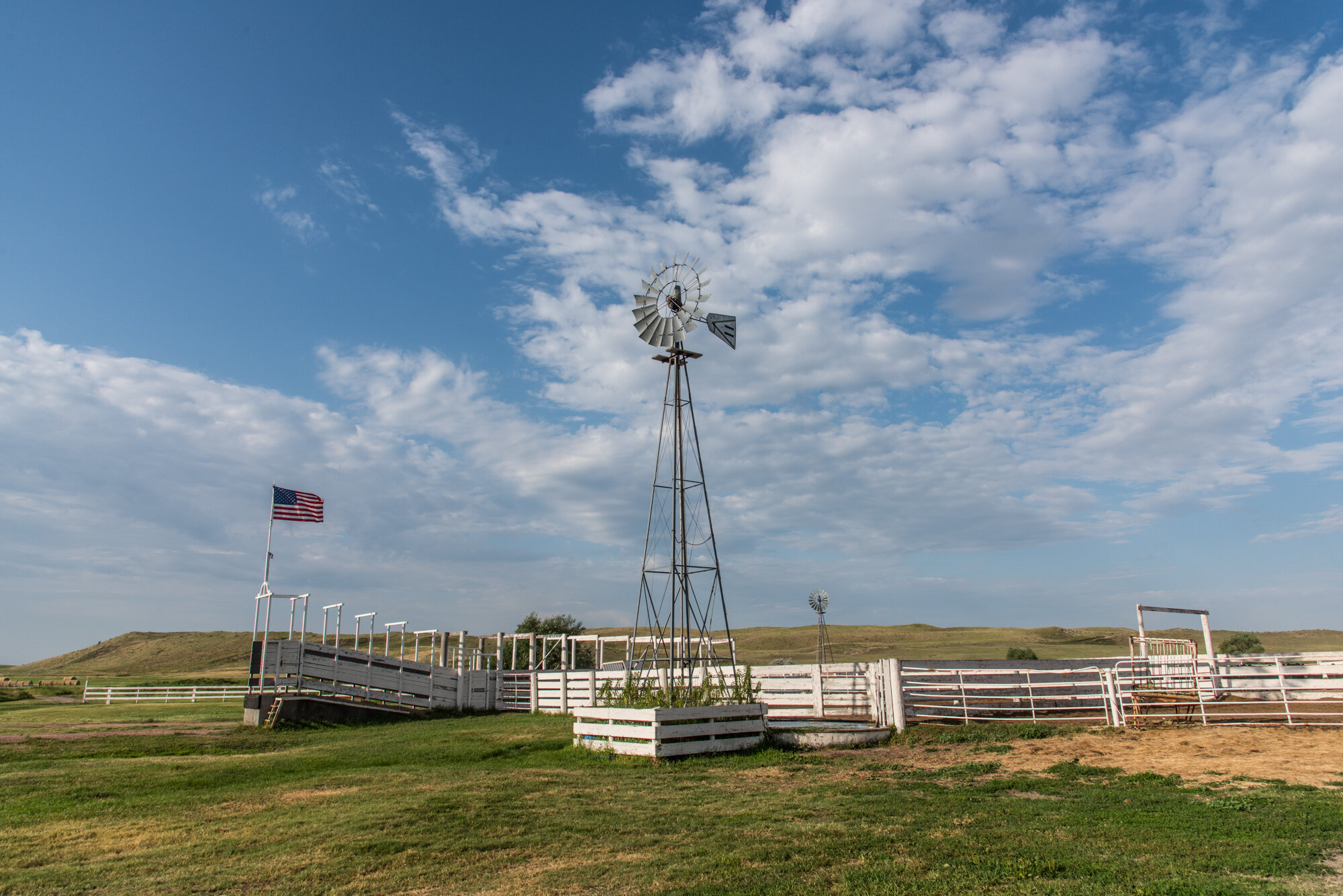
Sending Our Money Out Of State
Industrial ag companies are often led by out of state investors sending profits out of state instead of keeping it with local farmers. In the case of Costco/LPP, 25% of the barns are owned by a North Carolina investment fund which means less care for our land, less accountability to neighbors, and more extraction of local wealth.
Other large industrial companies are actually owned by foreign companies. For instance, Smithfield is Chinese-owned and JBS Swift is Brazilian-owned.
Bad Contracts Remind Us Of Indentured Servitude
Bad contracts put Nebraska farmers at serious risk by shifting liabilities away from the company and onto the grower. Industry contracts have historically bankrupted growers in other states.
Increasing Water Degradation
Excessive amounts of animal waste puts local water resources, and the public’s health at risk. According to a John Hopkins Research Letter to Fremont officials, the Costco broilers would produce 3,910,000 pounds of waste per day, or more than twice the equivalent amount of human waste generated daily by the entire City of Omaha.
John Hopkins also warns us about rising issues around ample water quantity as industrial ag is extremely water intensive.
Weakening Of Local Control
Industrial ag companies are impeding on Nebraska’s local decision making authority by spending money to influence state and local officials. Smithfield, Tyson, and Costco/LPP have all recently lobbied to weaken local control and family farm agriculture.
Examples include supporting legislation in Nebraska’s unicameral that would eliminate nuisance protections for rural residents, by supporting so-called “right to farm” legislation. These kind of laws would give industrial ag companies immunity from harming farm and rural neighbors. Corporate ag also continues to push for legislation that allows industrial companies to own livestock creating an unfair competitive advantage over Nebraska farmers’ local livestock ownership.
Another threat to local control has been The Farm Bureau Federation, a group supporting and prioritizing industrial ag companies over family farmers, which has lobbied to turn more local control over to the state government in CAFO permitting.
Rural Poverty
There was a time when working in meatpacking was a solid middle class job but wages for meatpacking workers today are about the same as they were on the line 40 years ago which has aided to the increase in rural poverty.
As industrial agricluture has concentrated into the hands of only a few companies, these companies have grabbed more profits, while those that sacrifice their blood, sweat and tears to produce the food suffer.
Excessive Industrial Ag Emissions Cause Rural Health Issues
Evidence shows increased air emissions from CAFO development increases chances of respiratory illness for those that reside nearby.
Furthermore, industrial agriculture is now one of the leading contributors to rising greenhouse gas emissions. Farmers and ranchers instead should be the solution to emission reduction.







